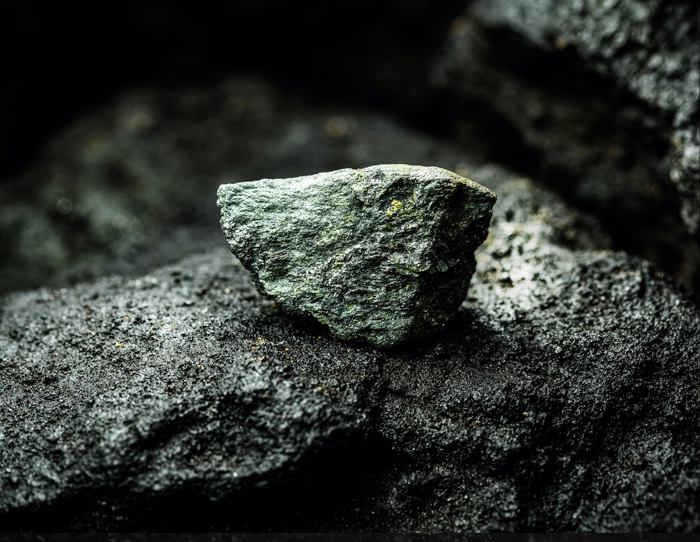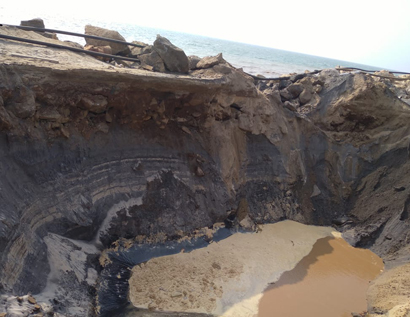- Home
- Rare Earth Minerals
- Graphite
Graphite
Graphite is essential for batteries, steelmaking, and high-temperature applications, valued for its conductivity, lubricity, and thermal stability. Its uses extend to electronics, aerospace, and nuclear reactors, making it indispensable across industries.
Types Of Graphite
Natural Graphite: Found in nature, it occurs in three forms—flake, crystalline, and amorphous—and is used in batteries, lubricants, and refractories.
Flake Graphite: High-purity graphite used in applications like batteries, fuel cells, and lubricants due to its excellent electrical and thermal conductivity.
Amorphous Graphite: Lower-grade graphite used in coatings, lubricants, and pencils, offering less purity but good performance in industrial uses.
Crystalline Vein Graphite: Rare, high-quality natural graphite, known for its purity and used in advanced applications like batteries and electronics.
Synthetic Graphite: Manufactured through high-temperature processes, it is used in applications requiring high purity, such as lithium-ion batteries, electrodes, and nuclear reactors
Uses Of Graphite
Batteries: Essential in lithium-ion batteries for electric vehicles and energy storage due to its excellent conductivity and energy retention.
Steel Production: Used as a refractory material in furnaces, crucibles, and molds due to its heat resistance and stability.
Lubricants: Provides lubrication in high-temperature and extreme pressure environments, reducing friction and wear in machinery.
Electronics: Used in conductive materials, electrodes, and semiconductor applications for its electrical conductivity.
Aerospace and Nuclear Applications: Valued for its strength and thermal stability, used in aircraft parts and nuclear reactors.
Grades Of Graphite
Battery Grade Graphite: High-purity graphite used in lithium-ion batteries for electric vehicles and energy storage systems due to its superior conductivity and energy storage capacity.
Refractory Grade Graphite: Contains around 85%-95% carbon, used in high-temperature applications like crucibles, furnace linings, and refractories for its thermal resistance and stability.
Amorphous Graphite: Lower-purity graphite (70%-85% carbon) used in lubricants, coatings, and low-cost industrial applications.
Electrode Grade Graphite: High-purity synthetic graphite used in the production of electrodes for electric arc furnaces and aluminum smelting.
Expandable Graphite: A special grade used in fire retardants, sealing materials, and thermal management due to its ability to expand when exposed to heat.

Rare Earth Minerals

Graphite


